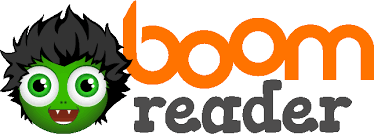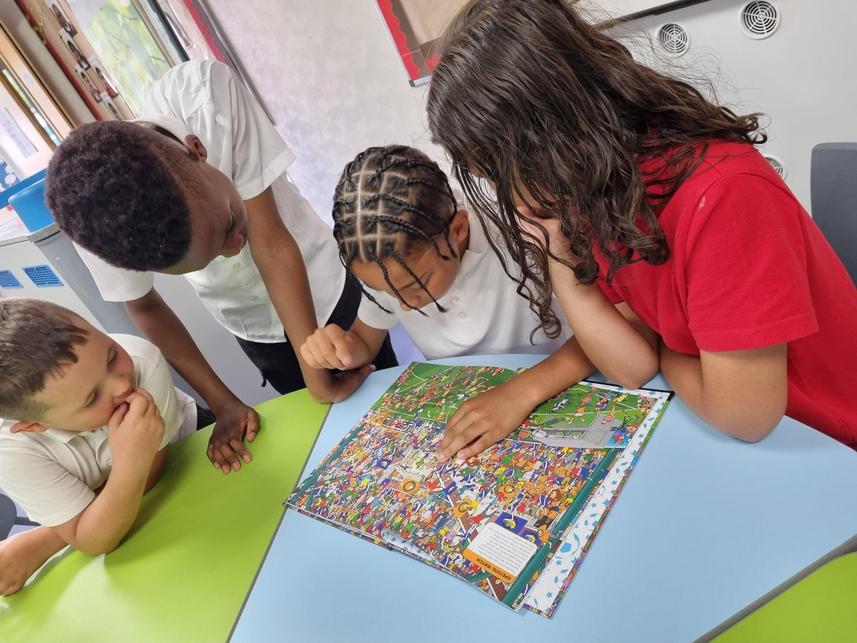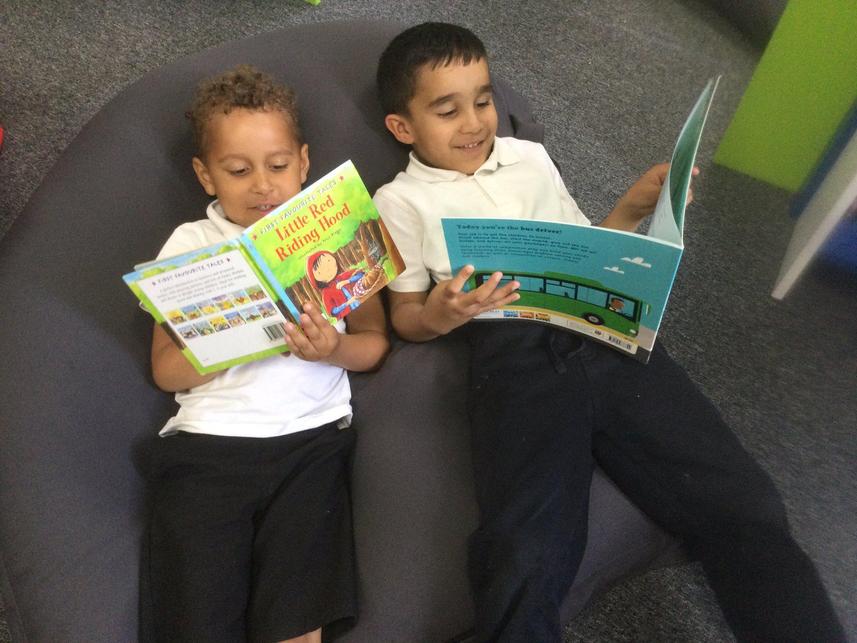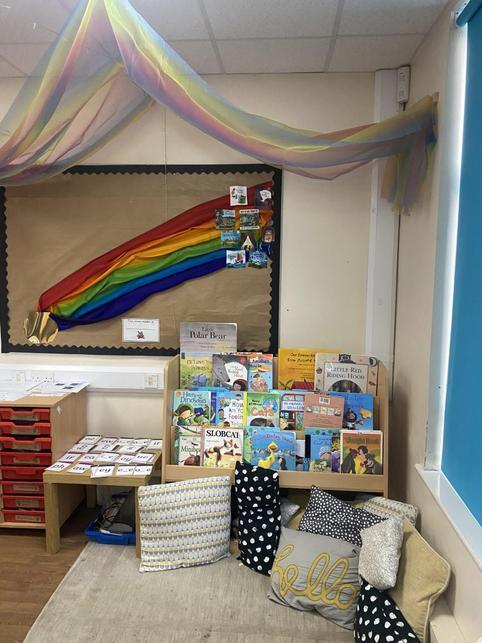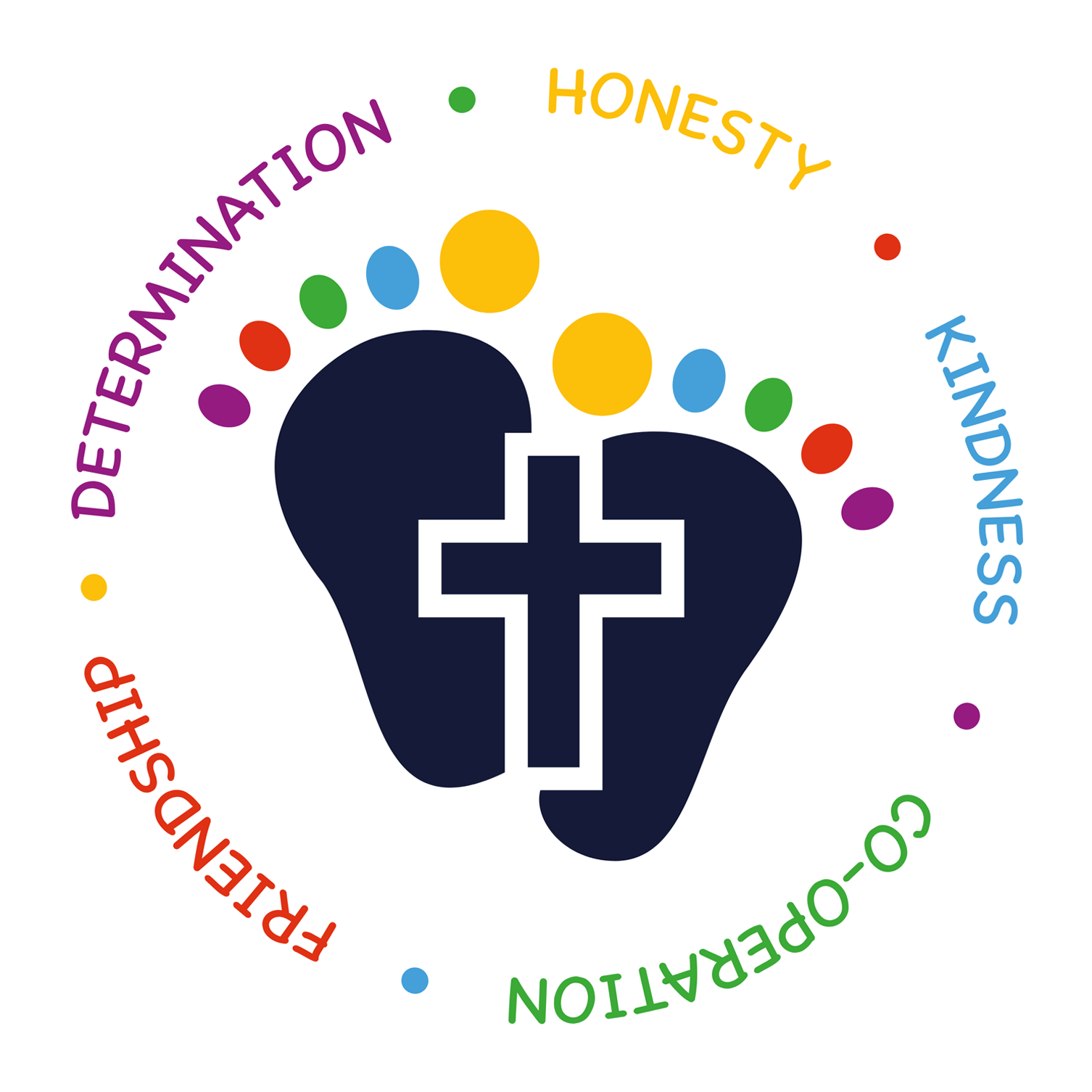Home Reading
Reading is an essential skill. We are committed to enabling our children to become life-long readers. At St Barnabas, we believe Reading should open up a world of possibility, intrigue and equip children with the skills they need in later life.
Home Reading
At St Barnabas, we believe that regular reading at home is an important tool in developing reading skills. Children are given decodable/levelled books and are expected to read five times a week, ten minutes at a time. Teachers monitor home-reading and celebrate home-reading in class.
Home Reading is logged on Boom Readers- a digital reading record. Please find the parent guide below.
